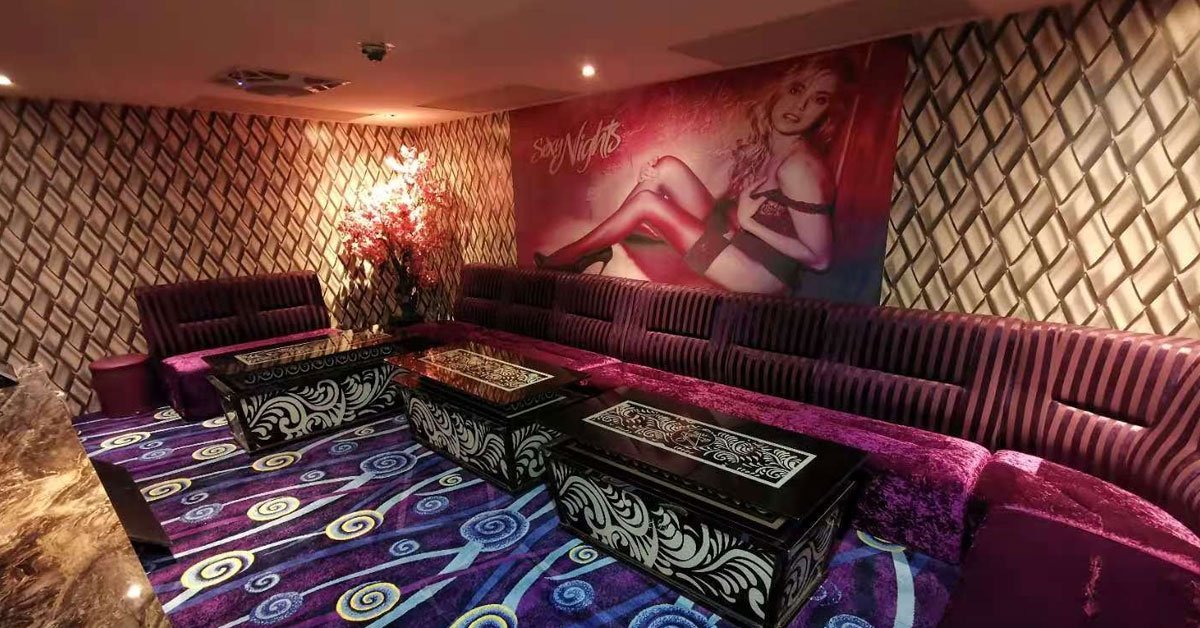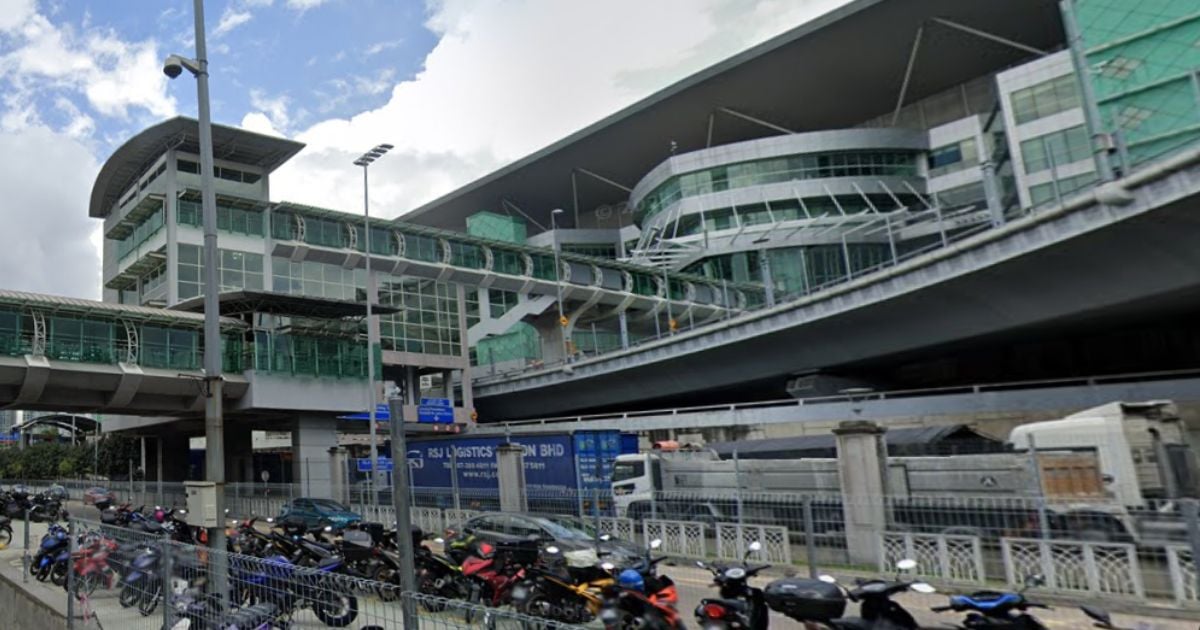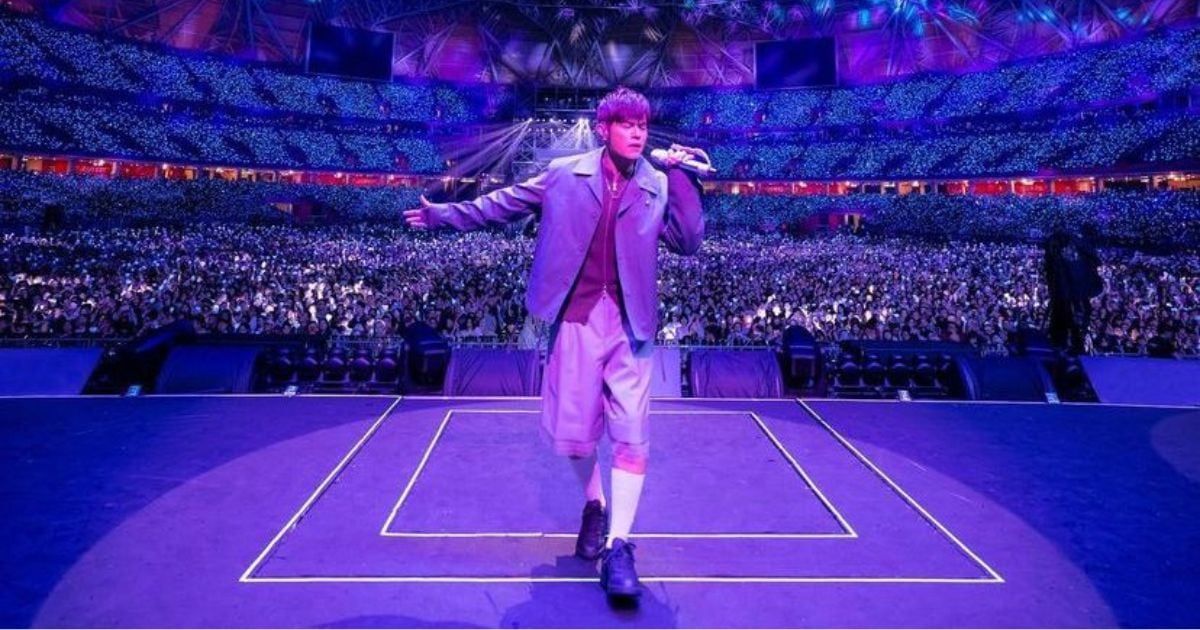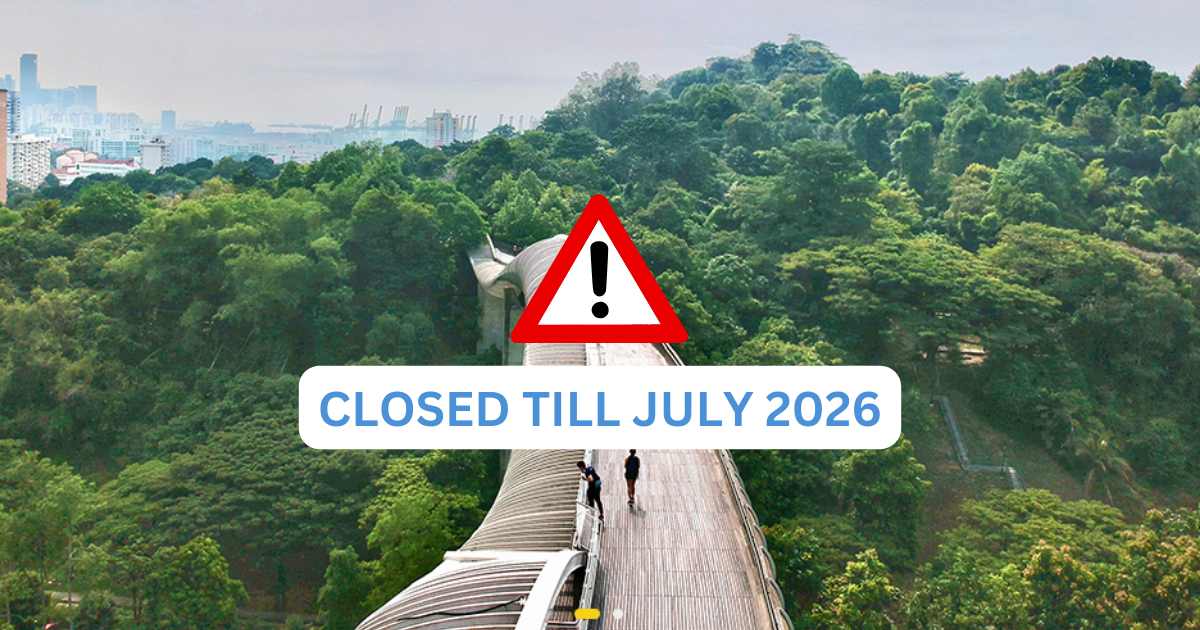On Monday (July 12), we first heard of the KTV cluster by the Ministry of Health (MOH).
Initially, there were three cases linked to it. It then quickly snowballed to Singapore’s second-largest active cluster.
251 cases to be exact at the time of writing.
MOH previously mentioned that they will investigate cases of infection among Vietnamese social hostesses that frequented such lounges.
Even so, many Singaporeans were left baffled.
“Did the safe-distancing ambassadors not carry out checks on these outlets? Why let illegal operations go undiscovered?”
Well, the authorities have now issued an answer to us.
Police officers, instead of safe-distancing officers, are tasked to inspect converted nightspots
Instead of safe-distancing ambassadors, auxiliary police officers are actually the ones in charge of inspecting nightspots.
This is because safe-distancing ambassadors do not have enforcement powers. Hence, they are “not typically deployed” to check on KTV lounges.
This also includes other nightspots that have temporarily been converted into eateries.
So, what if safe-distancing ambassadors are dispatched to patrol areas where converted KTV clubs are located?
Then, enforcement or auxiliary police officers would accompany them.
On Friday, authorities once again stressed that the police have been regularly enforcing rules at nightlife establishments.
A total of 202 operations were conducted against such outlets between October 2020 and July this year.
These also account for nightspots that have been pivoted into eateries and unlicensed public entertainment outlets.
They usually operate in places like:
- Industrial estates
- Office units
- Shophouses
Converted KTV clubs must now pass inspections before reopening amid stricter measures before reopening
Yesterday (31 July), the Ministry of Sustainability and the Environment (MSE), the Ministry of Home Affairs (MHA), and the Ministry of Trade and Industry (MTI) released a statement.
Tighter safe distancing measures will be issued to nightlife establishments that converted to F&B operations.
Until inspections are passed, establishments must remain closed.
Yes, that includes even takeaway operations.
Measures to be taken if establishments don’t comply with the law
As the saying goes, “one bad apple spoils the barrel”.
If any outlet goes against the law, there’s a chance that the KTV cluster continues to grow.
And please, no one wants that to occur.
So with that said, firm enforcement actions will be taken against any outlet found to illegally resume operations without obtaining a conditional permit from the MTI.
Prosecution and nullification of licenses for food, public entertainment, and liquor may occur. Conditional permits to operate may also be withdrawn should establishments breach any of the Safe Management Measures (SMMs).
On the other hand, if you miss your family-friend KTV as much as we do, watch this video to the end to reminisce about the different kinds of KTV singers you used to come across:
Read Also:
- Police Arrested 29 women & Deported 10 Women After Raids in KTV Lounges Operating as Eateries
- 4 People Investigated for Abusing Safe Distancing Ambassadors & Flouting Safe Distancing Measures
Featured Image: Facebook (Supreme KTV)





